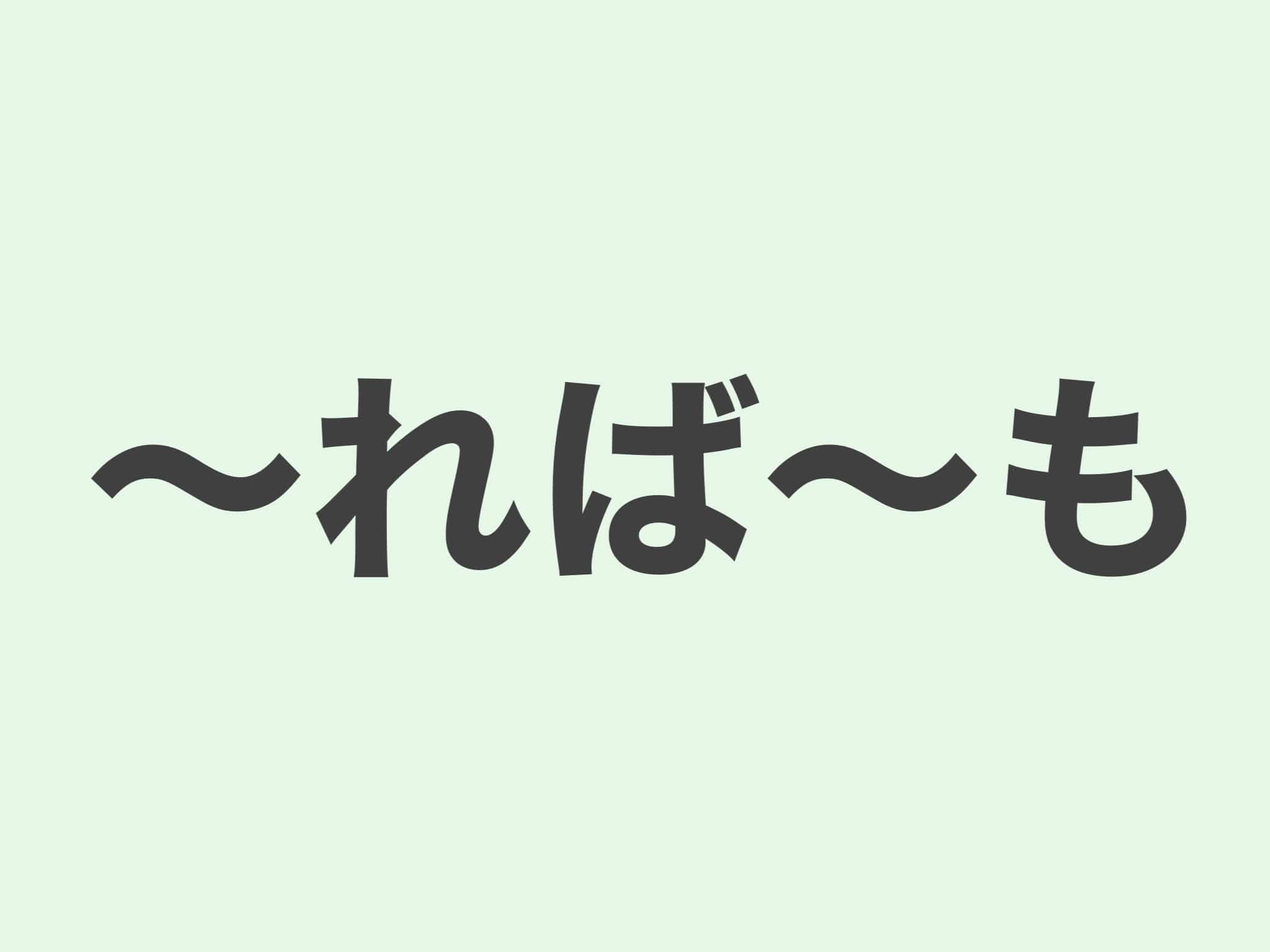説明 (Explanation)
文法(Grammar):名詞も+条件形+名詞も
意味 (Meaning):どちらも〜だ/両方とも〜だ という意味。
英語(English):It means “regardless of ~” or “without relation to ~”, and it expresses that there are no conditions or restrictions based on that factor.
JLPT Textbook Recommendations
例文 (Examples)
- 勉強もできればスポーツもできる。
- 経験もなければ資格もない。
- コンビニもなければ、スーパーもない。
- 新しい仕事は給料もよければ休みも多い。
- 歌も下手ならダンスも下手だ。
ひらなが (Hiragana)
- べんきょうもできればスポーツもできる。
- けいけんもなければしかくもない。
- コンビニもなければ、スーパーもない。
- あたらしいしごとはきゅうりょうもよければやすみもおおい。
- うたもへたならダンスもへただ。
英語翻訳 (English Translation)
- He is good at both studying and sports.
- I have neither experience nor qualifications.
- There is neither a convenience store nor a supermarket.
- The new job has both good pay and plenty of holidays.
- If you’re bad at singing, you’re probably bad at dancing too.





コメント